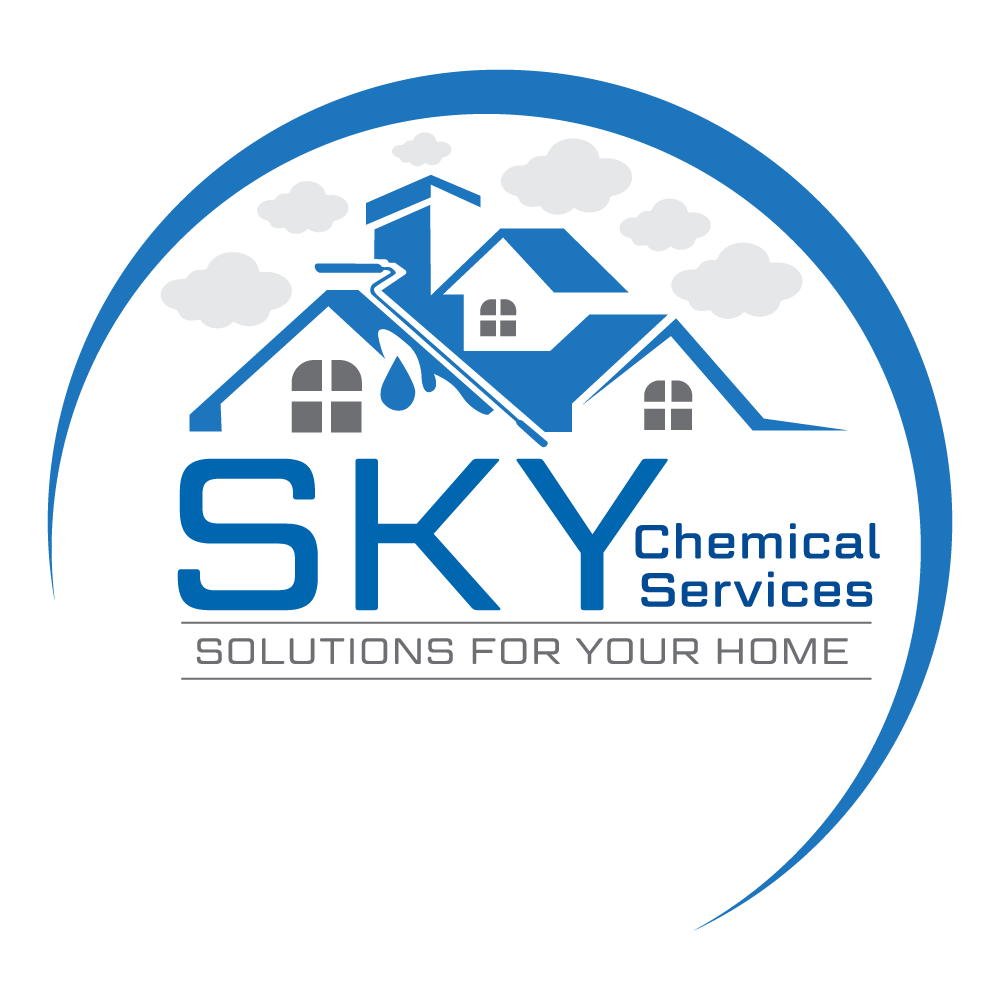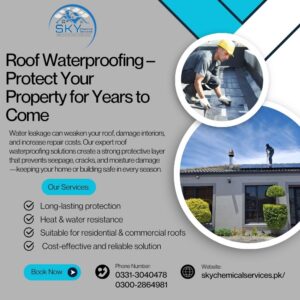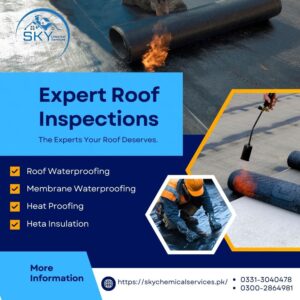Thermocol sheet, also known as expanded polystyrene (EPS), have become a popular choice for insulation in various applications, from construction to packaging. While they are widely used, many people wonder how thermocol sheets stack up against other insulation materials like fiberglass, foam boards, and cellulose. Understanding the differences in properties, performance, and cost can help you make an informed decision for your insulation needs.
1. Material Composition
Thermocol sheets are made from expanded polystyrene, a lightweight, rigid foam material created by heating and expanding polystyrene beads. This process results in a structure that is composed of around 90% air, providing excellent thermal insulation. In contrast, other insulation materials vary significantly in composition:
- Fiberglass: Made from tiny glass fibers, fiberglass insulation is available in batts, rolls, or loose-fill forms. It works by trapping air in its fibers, providing effective thermal resistance.
- Foam Boards: Typically made from extruded polystyrene (XPS) or polyisocyanurate, foam boards are rigid panels that offer high insulation values and moisture resistance.
- Cellulose: Made from recycled paper products, cellulose insulation is treated with fire retardants and is blown into walls or attics, providing excellent coverage and thermal performance.
2. Thermal Performance
When it comes to thermal resistance (R-value), thermocol sheets offer good insulation properties, typically around R-3.6 to R-4.2 per inch of thickness. This is comparable to fiberglass batts but generally lower than foam boards, which can achieve R-values of 5 or higher per inch. Cellulose insulation also provides a similar R-value but may settle over time, reducing its effectiveness.
3. Moisture Resistance
One of the standout features of thermocol sheets is their moisture resistance. They do not absorb water, making them suitable for areas prone to dampness. In contrast, fiberglass can lose its insulating properties if it becomes wet, while cellulose can attract moisture, leading to potential mold growth. Foam boards also offer good moisture resistance but may require additional vapor barriers in certain applications.
4. Weight and Handling
Thermocol sheets are extremely lightweight, making them easy to handle, transport, and install. This characteristic can reduce labor costs during installation. Fiberglass is also lightweight, but it requires careful handling due to its itchy fibers. Foam boards are relatively heavy compared to thermocol, and cellulose is the heaviest, often requiring specialized equipment for installation.
5. Cost-Effectiveness
Cost is a significant factor when choosing insulation materials. Thermocol sheets are generally more affordable than foam boards and are comparable to fiberglass, making them a cost-effective option for many applications. Cellulose insulation can be more expensive due to the treatment process and installation requirements. Overall, thermocol offers a good balance of performance and price.
6. Environmental Impact
When considering insulation options, it’s essential to evaluate their environmental impact. Thermocol sheets are made from petroleum-based materials, which raises concerns about sustainability. However, there are biodegradable options available on the market. Fiberglass is recyclable but energy-intensive to produce, while cellulose is made from recycled materials, making it an eco-friendly choice. Foam boards can be made from recycled materials as well, but their production also has a significant environmental footprint.
Conclusion
Thermocol sheets provide a lightweight, cost-effective, and moisture-resistant insulation solution suitable for a variety of applications. While they offer good thermal performance, they may not match the R-values of foam boards. However, when compared to fiberglass and cellulose, thermocol sheets hold their own in terms of affordability and ease of handling. Sky Chemical Services offers high-quality thermocol sheets that meet industry standards, ensuring you get the best value for your investment. Ultimately, the best insulation material for your needs will depend on factors like budget, application, and environmental considerations. By understanding how thermocol sheets compare to other options, you can make an informed decision that best fits your project requirements.
Frequently Ask Questions
Q, What is the price of thermocol sheet in Pakistan?
A. The price of thermocol sheets in Pakistan typically ranges from PKR 150 to PKR 300 per sheet, depending on the thickness and size. Prices may vary by supplier and location.
Q. Is it thermocol or thermopore?
A. Thermocol is a common name for expanded polystyrene (EPS), while thermopore often refers to the same material or a similar type of foam. Both terms are used interchangeably in many regions.
Q. What is the thermocol size?
A. Thermocol sheets are available in various sizes, but standard dimensions typically range from 4 feet by 8 feet (122 cm x 244 cm) to 3 feet by 6 feet (91 cm x 183 cm) with thicknesses of 10 mm to 50 mm or more.
Q. What are thermocol sheets used for?
A. Thermocol sheets are used for insulation, packaging, craft projects, and as soundproofing material. They are also employed in construction for lightweight formwork and thermal barriers.
Q. Does thermocol reduce heat?
A. Yes, thermocol effectively reduces heat transfer due to its excellent insulation properties, helping to maintain desired temperatures in buildings and packaging.
Q. What is the price of false ceiling thermocol sheet?
A. The price of false ceiling thermocol sheets in Pakistan generally ranges from PKR 200 to PKR 400 per sheet, depending on the design and thickness.


